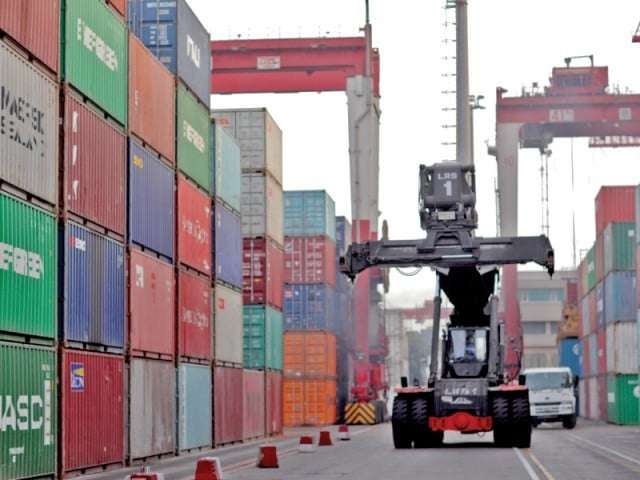KARACHI: Pakistan has agreed with the International Monetary Fund (IMF) to halt the practice of setting minimum purchase prices for agricultural products, including the staple crop of wheat, and discontinue the decades-old strategy of procuring essential commodities as buffer stocks. This decision puts the food security of over 240 million people at risk.
Key Changes and Impact
Over the next three years, the government will also phase out the pricing mechanism and procurement drives for other essential commodities like sugarcane, cotton, and fertilizers. This move, pressured by the IMF, contrasts with practices in countries like the United States and India, which maintain such measures to stabilize commodity prices and ensure their availability at affordable rates year-round.
Notably, the Pakistani government has made this shift without consulting farmers, switching to a free-market mechanism unilaterally. This has left a significant farming community vulnerable, managing agriculture based on speculation and rumors due to a lack of formal communication.
Potential Consequences
This situation could severely impact crop cultivation planning, leading to reduced sowing and harvests. Consequently, the government might need to spend millions or even billions of dollars on imports to cover shortfalls, which contradicts efforts to conserve foreign exchange and reduce subsidies to improve financial health.
For instance, the Punjab government did not procure any wheat during the 2024 harvest season, which helped lower wheat and wheat flour prices, reducing headline inflation to a single digit. However, unattractive prices have led many wheat growers to switch to other cash crops like sunflower, risking a wheat shortfall that could necessitate increased imports.
Historical Context and Farmer Concerns
India’s attempt to deregulate agricultural markets in the late 2020s without consulting farmers led to prolonged protests, eventually forcing the government to abandon the reforms. Sindh Abadgar Board President Syed Mahmood Nawaz Shah highlighted the lack of formal information dissemination and urged the government to discuss its plans with farmers to chart a viable course of action.
Shah warned that ending the support price mechanism while maintaining control over grain import and export would be counterproductive. He stressed the need for complete transparency to avoid disrupting agricultural practices, which are crucial to the economy, contributing over 20% to economic growth.
Current Market Situation
Farmers are hesitant to plant wheat without the announcement of support prices by provincial governments. Wheat prices in the market have dropped to Rs2,600-2,700 per 40 kg from the support price of Rs4,000 last year due to Punjab’s zero procurement policy. This uncertainty threatens to reduce wheat plantations, potentially costing the government $1-1.5 billion to cover the shortfall through imports.
Future Directions
Securities and Exchange Commission of Pakistan (SECP) Chairman Akif Saeed suggested that with the discontinuation of support prices, farmers should be educated and trained to find fair prices for commodities through the futures market, the Pakistan Mercantile Exchange (PMEX). The SECP is collaborating with federal and provincial governments and the Asian Development Bank (ADB) to develop a robust market mechanism, including warehouse construction and food grading and pricing systems, to support farmers in the transition.



